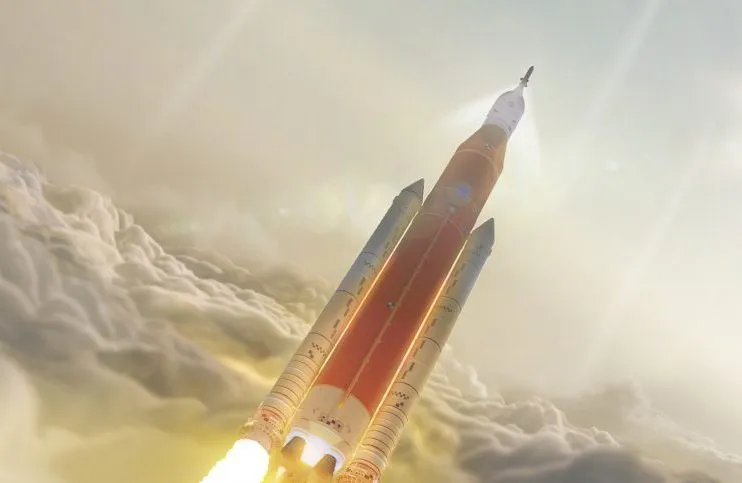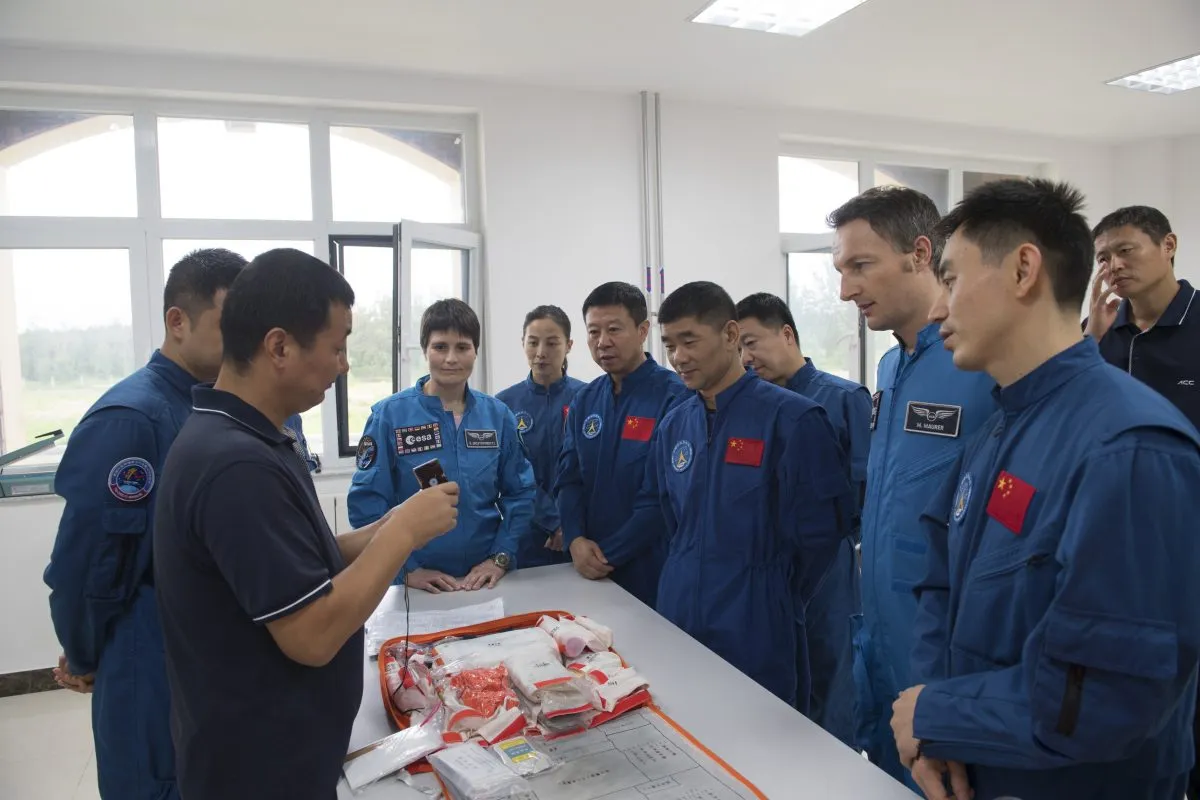A mission to return humans to the Moon is looking increasingly likely, especially since President Trump's administration has set an optimistic target of achieving the goal by 2024.
We spoke to space exploration expert Professor Chris Welch to find out about NASA's future lunar plans and whether the US government's 2024 Moon landing target is achievable.
50 years after Apollo, why is a return to the Moon now looking more realistic?
It’s partly a result of technology developments, partly political, and partly thanks to work carried out by people who were children at the time of the first landing, who have been trying to move the space agenda forward.
Jeff Bezos of Blue Origin and Elon Musk of SpaceX, amongst others, are motivated by that. There’s been a general upwelling of interest in space and space resources, and obviously focus has returned to the Moon due to the 50th anniversary of Apollo 11.
How is it politically motivated?
US Vice President Mike Pence tasked NASA with putting human beings back on the Moon by 2024.
2024 would be the final year of his second term, were President Trump to be re-elected.
That enables a lot of potential publicity to be generated in 2020. Of course, the budget has to be approved before any of this could happen.

How much would it cost?
Donald Trump has asked for a $20 billion a year allocation for NASA as a whole, but the agency has said actually it needs $1.6 billion more.
There have been various estimates of what it will cost to do this by 2024, between $6-8 billion per year, which is a lot of money.
China certainly has its eyes on the Moon. I don’t think either side has claimed it as a competition, but given contemporary geopolitics that is clearly an aspect.
Where does that money come from? There’s talk about using offsets, which is basically a way of saying “we’re going to take the money from elsewhere in the government expenditure”.
The next question is where else is that money going to come from and who is going to fight for it? And then the biggest obstacle becomes the US domestic political situation.
We just have to wait and watch on that one.
Can the US make the deadline?
Landing astronauts on the Moon by 2024 is technically ambitious even if you have the money.
The Lunar Gateway was the original plan: a small space station in a lunar orbit, from which one could go down to the Moon. That was supposed to happen closer to 2028-2030.
The Lunar Gateway has been descoped a little and prioritised for the USA, so by 2024 it will only be two American modules.
Any international partners will have to wait until 2028 to actually send their sections.
Everything also depends on the progress of NASA’s Space Launch System project, which is currently under development – and that programme has slipped a bit.
It has been allocated more money so it can be completed by 2024, but a lot of things have to go right for them to meet that goal.

Is the US in a new space race with China?
China certainly has its eyes on the Moon. I don’t think either side has claimed it as a competition, but given contemporary geopolitics that is clearly an aspect.
One of the big issues is that America and China cannot work directly together even if they want to – it’s illegal under US law.But that doesn’t stop other forms of collaboration.
ESA has been talking to China. So we have these two poles at the moment – America and China.
Then you have the international community and an emerging private sector, which allows more people to be involved.
Why are we returning to the Moon?
Science and money. When you look at the number of science hours on the Moon, there’s very little been done so far.
We’ve landed in a few places. We’ve brought back some rocks and lunar samples. Then there’s the question of developing space commerce.
Launch costs are reducing and as more space businesses make money in low-Earth orbit, more people start to close the imagination gap and think, ‘Maybe it’s possible to make money’.
Maybe it is possible for scientists who want to do experiments to do them with a private provider.
Maybe it doesn’t all have to be done by governments.
Chris Welch is a professor of astronautics and space engineering at the International Space University and a member of the Moon Village Association
